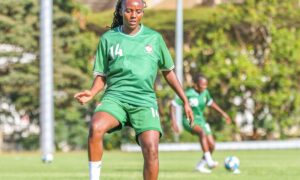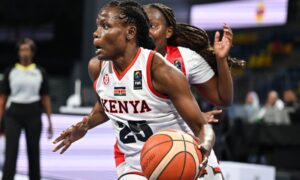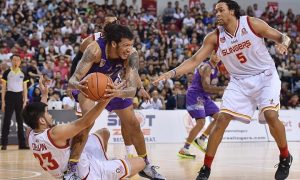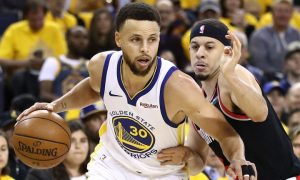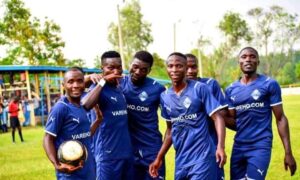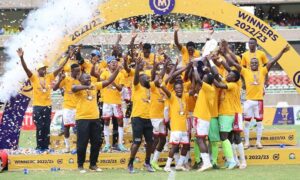In the realm of African basketball, the FIBA Afrobasket stands as the pinnacle of competition, drawing together the continent’s finest talents under their national banners and showcasing their skills on a global stage, including in the prestigious NBA.
Established in 1962, the championship boasts a rich history spanning 62 years. In its current format, 16 teams vie for the coveted title. Angola holds the record for the most championship victories with an impressive tally of 11 titles, while Tunisia reigns as the reigning champions, clinching the trophy thrice.
Kenya has made its mark in the tournament, participating four times, with their latest appearance in the 2021 edition, where they secured a commendable ninth-place finish. Their journey began in 1985, followed by entries in 1989 and 1993, the latter being a notable moment as hosts, achieving a respectable fourth-place finish.
The tournament, which formerly occurred biennially, transitioned to a quadrennial schedule since 2017. Currently, amidst the fervor of the first window of the 2025 qualifiers in Tunis, Tunisia, Kenya finds itself in Group E alongside formidable opponents Angola, Guinea, and hosts Tunisia. Unfortunately, the Kenya Morans have faced setbacks, succumbing to defeats against Tunisia and Angola, with their final fixture against Guinea looming ahead.
The burning question arises: what does it take to clinch such a prestigious championship, and how close is Kenya to realizing this dream?
According to David Maina, head coach of USIU Tigers and a seasoned representative on the international stage, success demands a roster of at least 12 players capable of performing at peak levels. Preparation is paramount, necessitating rigorous training regimes and friendly matches against top-tier teams to hone skills and tactics.
Fitness emerges as another critical factor, emphasized by Maina and echoed by Sammy Kiki, head coach of Kenya Ports Authority men’s basketball team. Kiki stresses the importance of selecting the best players available and providing them with sufficient time to gel through residential camps lasting up to three months.
Looking ahead, Kiki underscores the need for a comprehensive long-term strategy spearheaded by the Basketball Federation of Kenya. This strategy should encompass meticulous planning, ample resources for player welfare, and technical prowess to equip the team adequately.
While acknowledging the existing gap, Kiki remains optimistic, believing that with concerted efforts, Kenya’s basketball aspirations on the continental stage are indeed attainable.


